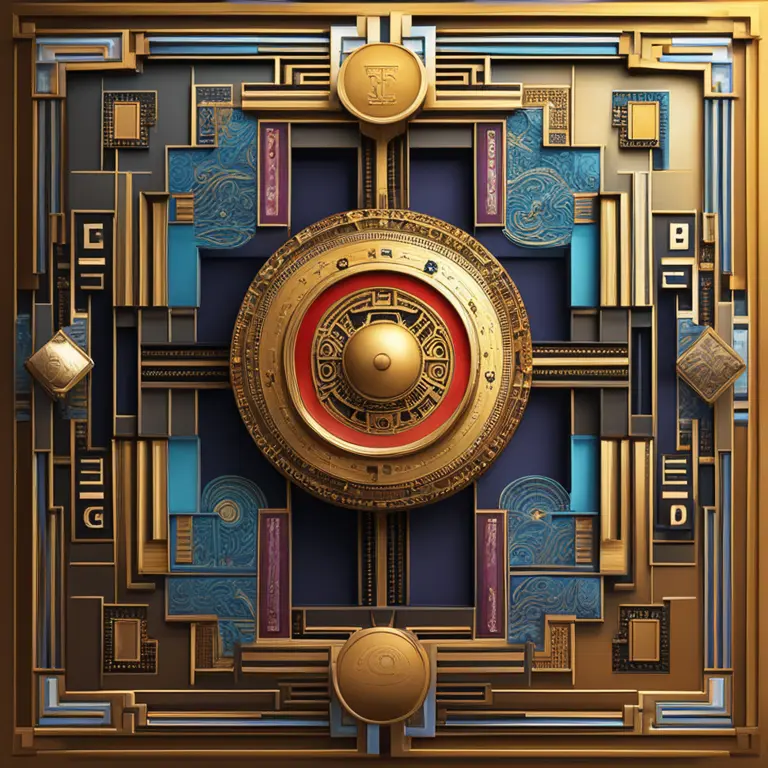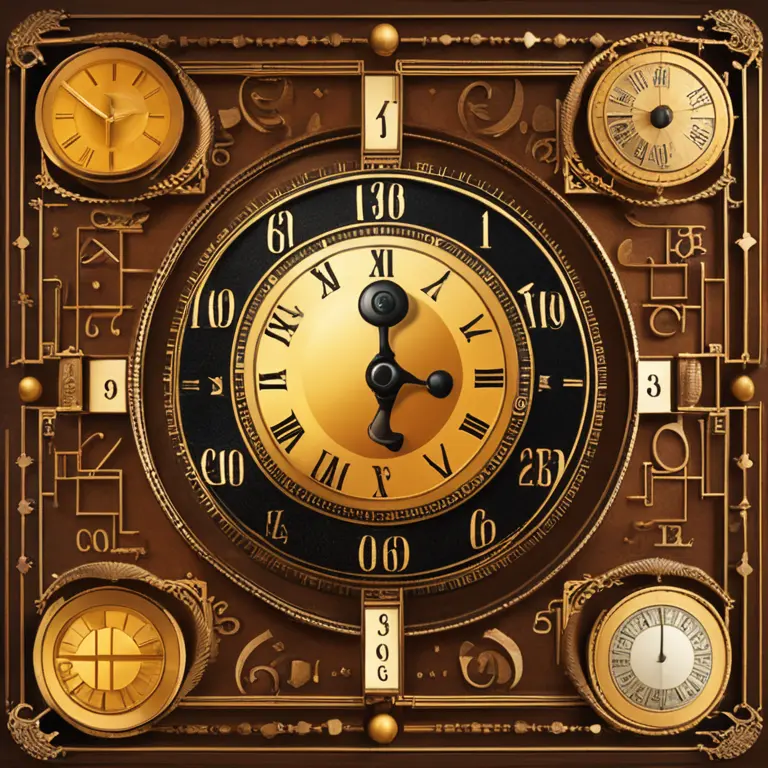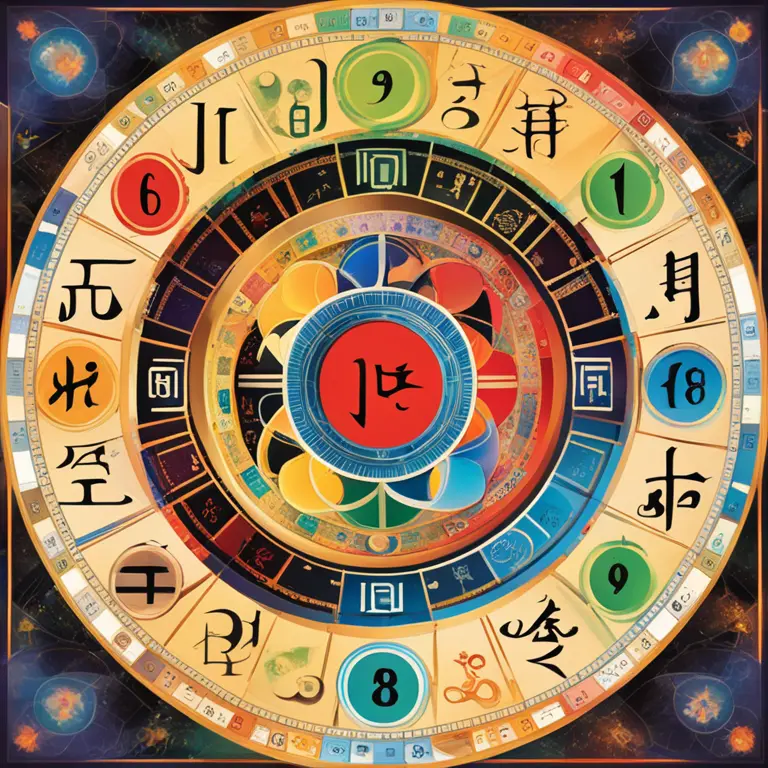
The Origins of Numerology: Journey Through Time
Discover the ancient roots of numerology and its journey through time in this succinct exploration of its origin and development.
article by Sofia Ferguson
The Dawn of Numerology
Long before modern systems of knowledge, numerology's essence was embedded in the early civilizations of humanity. Rooted in ancient mysticism, numerology's beginnings are traced back to the cradle of civilization. From the Babylonia and Egypt to the Far East, numeric symbolism held profound significance. Pythagoras, a Greek mathematician and philosopher, is often credited with establishing the foundations of numerology around the 6th century BCE. His belief that reality is mathematical conceptualized the spiritual and mystical attributes of numbers.

Across the Cultures
Each civilization has contributed uniquely to numerology's canon, intertwining with astrology, philosophy, and religion. The Chinese, Mayan and Indian societies, each with their sophisticated numeral systems, also observed the universe's structure and cycles through the lens of numbers. These cultures developed their numerical insights that have influenced the modern-day numerological practices. This global mosaic of numeric interpretation underscores the universal human desire to find meaning in the cosmos via numbers.

The Numerology Renaissance
The Renaissance period reignited interest in the mystical and philosophical aspects of numbers. Enlightened scholars rediscovered ancient texts, merging numerological concepts with Christian mysticism. This period saw the reinvigoration of Pythagorean numerology, with figures such as Cornelius Agrippa and St. Augustine contributing to its evolution. Their works infused numerology with a new intellectual and spiritual vigor, setting the stage for future exploration.

The Evolution into Modern Times
As humanity progressed into the 20th century, numerology underwent further development. L. Dow Balliett and Florence Campbell are two prominent figures responsible for shaping contemporary numerology, making it accessible and systematically coherent. Their efforts to distill numerological knowledge into practical applications gave rise to new interest and spurred a broader public understanding. This adaptive reinterpretation ensured numerology's relevance in modern-day discourse and practice.

21st Century Numerology
In today's digital era, numerology's popularity shows no signs of waning. Online platforms have democratized access to numerological knowledge, catalyzing a new wave of enthusiasts and practitioners. The integration of numerology with technology has enabled personalized readings at an unprecedented scale. As the future unfolds, the practice continues to evolve, influenced by new cultural trends and technological advancements, ensuring its place in the 21st century and beyond.
Published: 1/16/2024
Modified: 1/16/2024
More predictions
Come back here soon to learn more about yourself and your future


The Aspects of Numerology's Number 4
Delve into the stable and methodical world of Numerology's Number 4, and discover the characteristics and influence it holds in life's journey.


Numerology: The Historical Insights
Dive into the ancient beginnings of numerology and discover its mysterious origins and the thinkers who contributed to its development over time.


The Roots of Numerology: An Ancient Practice
Tracing the roots of numerology, this article delves into the ancient beginnings and figures attributed with the creation of this mystical system.